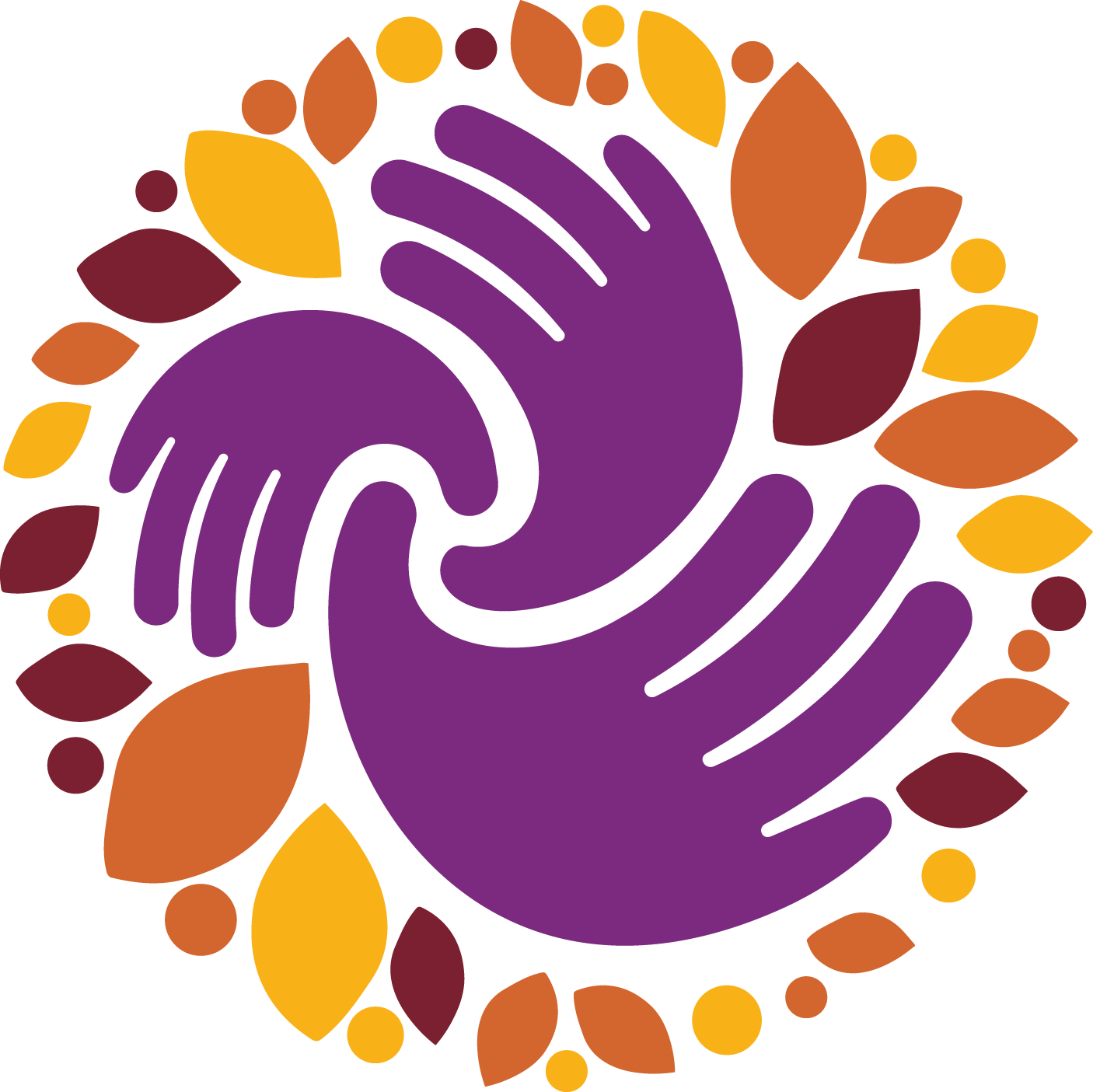TESS Values & Philosophies
The Trafficking and Exploitation Services System (TESS) is a multi-sector inter-agency provincial partnership of over 70 agencies and organizations working with children and youth engaged in the sex trade across Nova Scotia. TESS is the extension of groundwork laid through Canadian Women’s foundation funding from 2016 to 2021 and is currently funded by the Department of Community Services through until 2025.
Our Purpose
The primary purpose of TESS is to create a coordinated, community-based system of response to youth who are being sexually exploited. We do so through initiatives such as:
TESS Values & Philosophies
All TESS Partners are aligned around these Values & Philosophies:
-
We believe all victims and survivors have an inherent right to choice, equality, dignity, safety, respect and their basic human rights regardless of age, race, class, gender identity, sexual orientation or any other distinguishing characteristics.
-
We are committed to consulting with victims and survivors and will make every effort to respond to their perspectives in the development and delivery of programs. We support survivor leadership in the community and will create opportunities for it to emerge.
-
We believe that there is a spectrum of choice and economic opportunity which affects an individual’s participation in the sex trade and we will not impose any personal, political or religious beliefs which strip people of their agency, or passes judgement on their choices.
-
We are committed to reducing barriers and filling gaps in services for victims and survivors through the development and delivery of new and innovative programs which are harm-reductive, trauma-informed, value the expertise of survivors and provide opportunity for change.
-
We believe change is a voluntary process. When a youth is ready, we will be able to assist in facilitating a transition to a healthier lifestyle through consistency, and unconditional acceptance. We meet youth where they are at, and let them take the lead in their own recovery.
-
We are committed to promoting a holistic understanding of sexual exploitation by acknowledging the root causes of supply and demand present in the sex trade. We will support programs and policies which work to address systemic inequalities present in marginalized communities.
-
We are committed to making and holding space at meetings for representatives of the Indigenous, African Nova Scotian and 2SLGBTQ+ communities, and will strive to work with those communities to develop and adopt culturally appropriate and responsive solutions.
-
We are committed to using appropriate language or graphic representation of human trafficking which do not sensationalize or lend credence to racist or oppressive narratives of the issue; we will speak out when media, or partners use such language and/or graphic representations.
-
We believe that fundamental changes to systems of response and mainstream culture are necessary to eliminate commercial sexual exploitation. We understand that systems change take time even though we act with urgency. We will continue to advocate for these changes despite barriers.
Common Definition of Sexualized Human Trafficking & Exploitation
-
1.
Sexualized human trafficking is a form of slavery and a human rights-based issue which perpetuates violence against women and girls and predominantly affects those with heightened vulnerability.
-
2.
Sexualized human trafficking is enabled by existing systems of misogyny, colonialism and capitalism. As a result, some people are more vulnerable to sexualized human trafficking as a result of a number of factors, including gender, race, class, indigeneity and experience within the child welfare system.
-
3.
As per the criminal code of Canada, no person under the age of 18 can consent to participation in transactional sex; all youth under the age of 18 who are engaging in transactional sex can be considered exploited and/or trafficked.
-
4.
A person who has been exploited at any point in their lives may not identify as being a trafficked person, and we do not need them to for the provision of services.
-
5.
Sexualized human trafficking and empowered sex work are different and should not be conflated as the same issue.
-
6.
The concept of choice in the realm of sexual exploitation and trafficking is not binary; participation in the sex trade occurs along a spectrum which is related to multiple factors of oppression and trauma. TESS efforts will focus in the zone of consensus along the spectrum.
-
7.
Any individual may demonstrate one, or many, forms of choice throughout their experience. For example, an individual may begin from a position of coerced or perceived choice, but move into a position of situational or apparent choice if they leave their trafficker but continue to engage in the sex trade independently.
Spectrum of Choice Framework
This framework was created in 2018 by the TESS Partnership in an effort to find value alignment around the concept of “choice” in the sex trade.
Fundamental to this framework is the principle of allowing victims and survivors to remain in control of their own labels and experiences, and a recognition of the differences between human trafficking and sex work.
Most people engaged in the sex trade will have experiences that span this spectrum of choice depending on their age and circumstances.
Learn more about our Spectrum of Choice in Module 1 of our Training Session.


